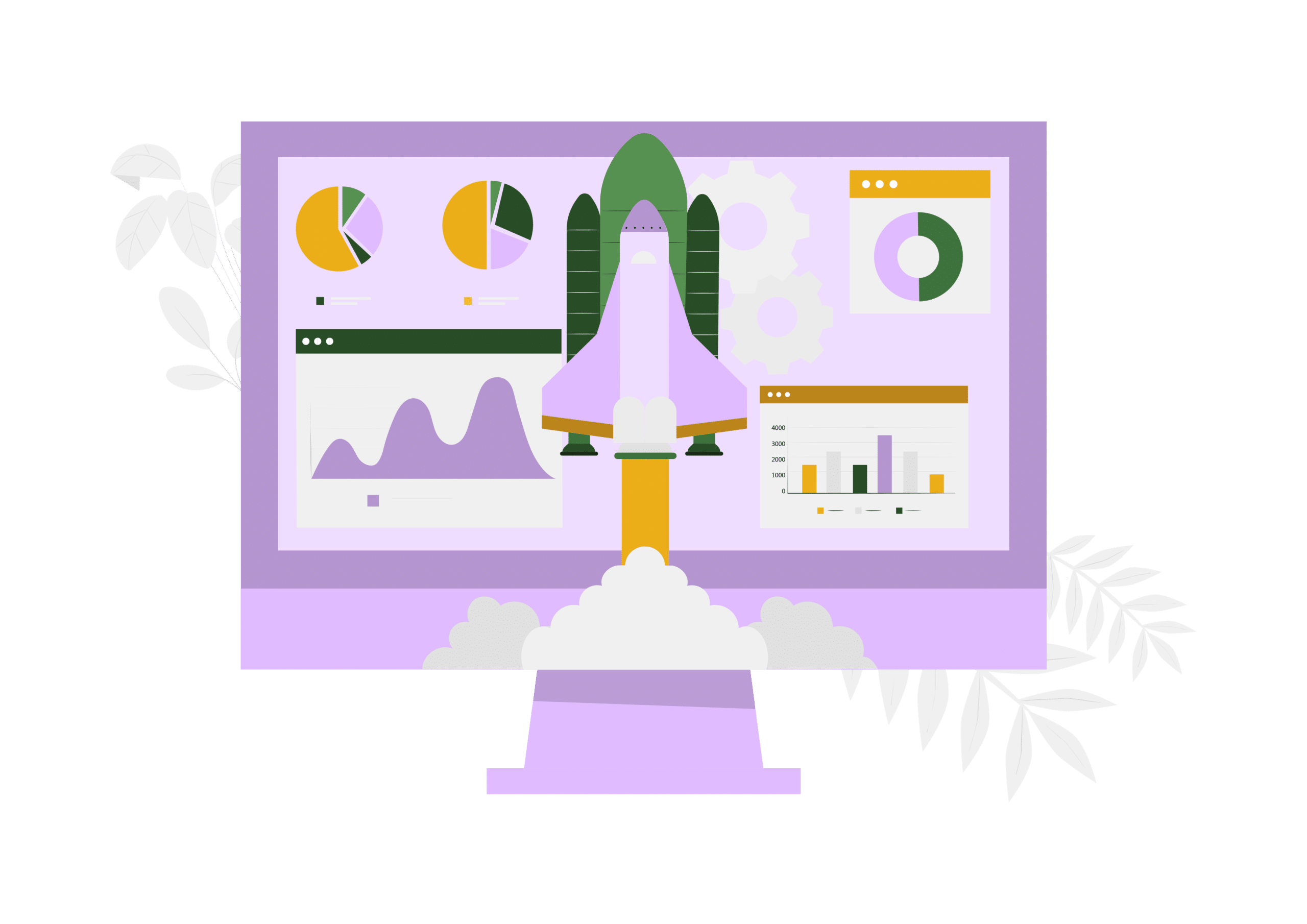
How ESG software drives value
Modern companies of all shapes and sizes are under increasing pressure to comply with environmental regulation and reporting, but also to demonstrate to their customers and shareholders that they’re running their business acting in a responsible and sustainable way. Ultimately this means integrating sustainability data, not only into the reporting and compliance functions of the business but into the business model itself.
With huge developments in our ability to capture and track data from every stage of the supply chain the Internet of Things is allowing us to capture more data than ever before. Inevitably this has created a huge challenge in collating and interpreting all this data, leading to the rise of ESG and sustainability software.
In this article, we explore how ESG software can really drive value across the whole of your business. Let’s start by looking at what sustainability data is.
Sustainability data
The data collected by ESG software will invariably come from a number of different sources. At a macro level, it could be the amount of carbon emitted by the entire business in a given week or month. At the micro level, it could be the energy input and output of a particular machine in the manufacturing process. As well as data captured from inside the company, it could also include data on the sustainability performance of suppliers, logistics partners and other companies that have a business relationship with your organisation.
Once you have the data, it can be used to help make a business more sustainable. It can help to optimise energy consumption, cut raw material usage, identify supply chain inefficiencies, lower fuel costs and feed into future research and development to ensure sustainability of new products. This requires you to collect the right kind of data first though and this is crucial.
Collecting data
The data needed for CSR can come from many different areas of the business. Collecting it, therefore, presents a challenge. As I’ve mentioned, the growth of Internet of Things connected devices means that sensors, GPS trackers and other recording devices are available to capture huge volumes of data. However, the data from individual business functions often exists in silos. For a developed corporate social responsibility policy, it’s crucial this data is consolidated under a single unified system. ESG software can help here by providing a central store for information that builds the company’s sustainability credentials.
This might mean some internal research and mapping is necessary to find out where all your related sustainability data resides and who is using it. The key here is to look at the overall spread of information that departments hold. You may be surprised at the data which is relevant to sustainability, even though it may not seem so at first glance. You also need to take account of the reliability of data, which means looking at how it’s collected and what steps are in place to verify its accuracy.

Compliance reporting
Of course, collecting data is only the start, and in order for it to benefit the business, it has to be put to effective use. Numbers tell only part of the story here. They may, for example, be able to demonstrate that you’ve made an energy saving on a particular process but they might not necessarily convey the big picture of overall usage.
With larger organisations, tracking something such as emissions data across the organisation becomes ever more complex and interconnected. CSR software not only centralises and simplifies this process but it also allows you to effectively automate it, ensuring you are compliant and your emissions and environmental reporting is completely transparent.
Internally, presentation via easy to understand dashboards can also help managers see the effectiveness of sustainable practices in driving efficiency without having to navigate complex spreadsheets and all in real-time.
Driving the brand image
All of this may lead you to think that ESG is essentially a reactive process, simply reporting on sustainability via data that already exists in other parts of the business. If properly implemented though, ESG software can become a key part of your business model at a deep level, by putting individual sustainability achievements in the context of the wider business and entire supply chain. As well as driving profitability, this can help in building a socially and environmentally responsible brand image, ensuring your reputation and growth well into the future.
We’ve already talked about the complexities of bringing together ESG data from different parts of the organisation. The same applies to using that data effectively. Done well, ESG involves constant measuring and testing, and it also means looking at the business in a holistic way, to ensure that changes to one area don’t have an unintended knock on effect elsewhere. Key to this process is learning to translate sustainability data into effective brand storytelling and reporting on your successes in layman’s terms that your customers can understand and appreciate.
ESG software
There are various ESG software solutions on the market and it’s vital to ensure that you choose the right solution for your business. This involves taking account of who will be using the software, as this may be from staff who aren’t experts in sustainability.
Software is often modular in nature, so you need to take time to specify your requirements and get the components that you need to satisfy them. This includes looking at your reporting needs.
There are many reasons why businesses turn to sustainability, and it’s often driven by legislation. It’s important to realise, however, that it can also have long term strategic benefits for corporate image and profitability. Get the right software implemented at an early stage and you are going to be in a very strong position to measure and manage your environmental and social impact as your business grows.